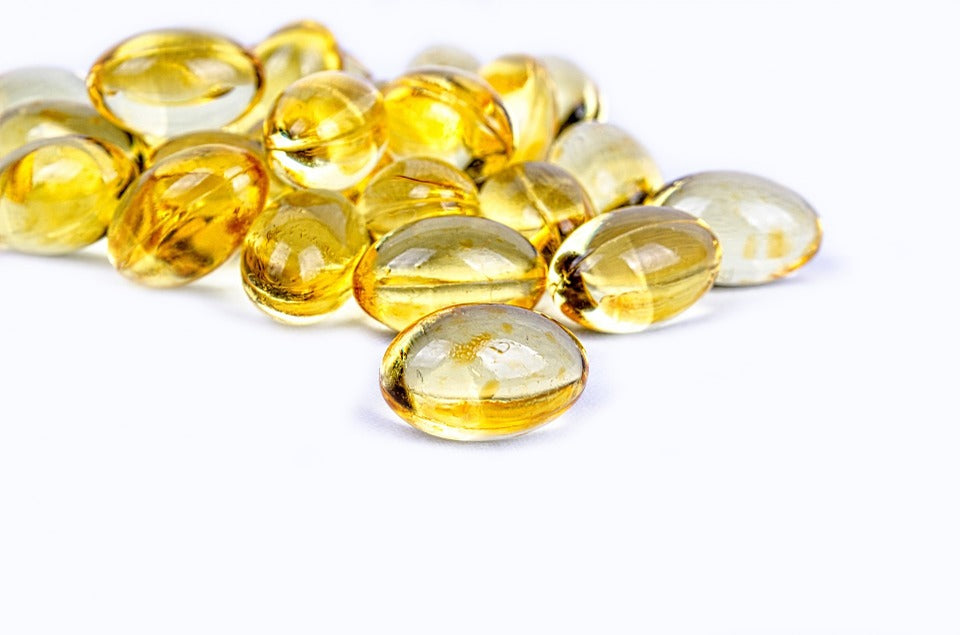Diagnosed with High Triglycerides? Why Fish Oil Needs to Be Part of Your Diet

If your most recent physical exam resulted in your doctor telling you your triglycerides are too high, you may want to consider taking a fish oil supplement. Why? Consuming omega-3 fatty acids — a group of fatty acids that our bodies don’t produce on their own — has been shown to lower triglycerides, as well as promote heart health, reduce mental decline with aging, and reduce overall mortality.
Let’s take a step back, first, to really understand your diagnosis. Triglycerides are a type of fat found in our blood. When we eat, our bodies convert unused calories into triglycerides, which are stored in our fat cells. Later, hormones release triglycerides for energy between meals. When more calories are eaten than burned, particularly carbohydrates and fats, this can increase our triglycerides. So if you’re not expending enough energy, your fat stores, essentially, build up.
High levels of triglycerides in the bloodstream have been linked to atherosclerosis (when plaque builds up inside your arteries) and heart disease. The same habits that promote overall health, such as losing weight, cutting back on calories, avoiding refined foods, limiting the amount of alcohol you drink, and exercising, also work to help lower triglycerides.
Now back to that fish oil recommendation...Because our bodies don’t naturally produce omega-3s, it’s essential to make sure you’re getting enough. While you can get your omega-3 intake from healthier fats like olive, peanut and canola oils and eating a variety of fish (salmon and tuna contain the highest amounts) at least two times a week, in addition to foods like edamame, walnuts, winter squash, beans and flax seeds, taking a fish oil supplement is also effective. It’s also a reliable source, especially if you’re worried about whether or not you’re getting enough omega-3s from your diet. Maybe you don’t love seafood or don’t often consume these other foods.
If you’re worried you may not be able to get enough omega-3s from your diet, ask your doctor about a supplement that’s right for you.
Interested in recipes packed with omega-3s? Try these:
Salmon Burger
No-Bake Vegan Oat Coconut Flax Hemp Energy Balls
Avocado Tuna Bowl
Want more? You might also like:
This Cardiologist Recommends Plants for His Heart Patients…And It Works!
9 Ridiculously Yummy Heart-Healthy Dishes You Need to Try
What’s Cholesterol Got to Do With a Healthy Heart? More Than You Might Think
Find Out Why This Doctor Says Being a Part-Time Vegetarian Will Keep You Healthy
Note: PLEASE consult with your doctor before making any changes to your diet or medications. The material on this site is provided for educational purposes only, and is not to be used for medical advice, diagnosis or treatment.





















